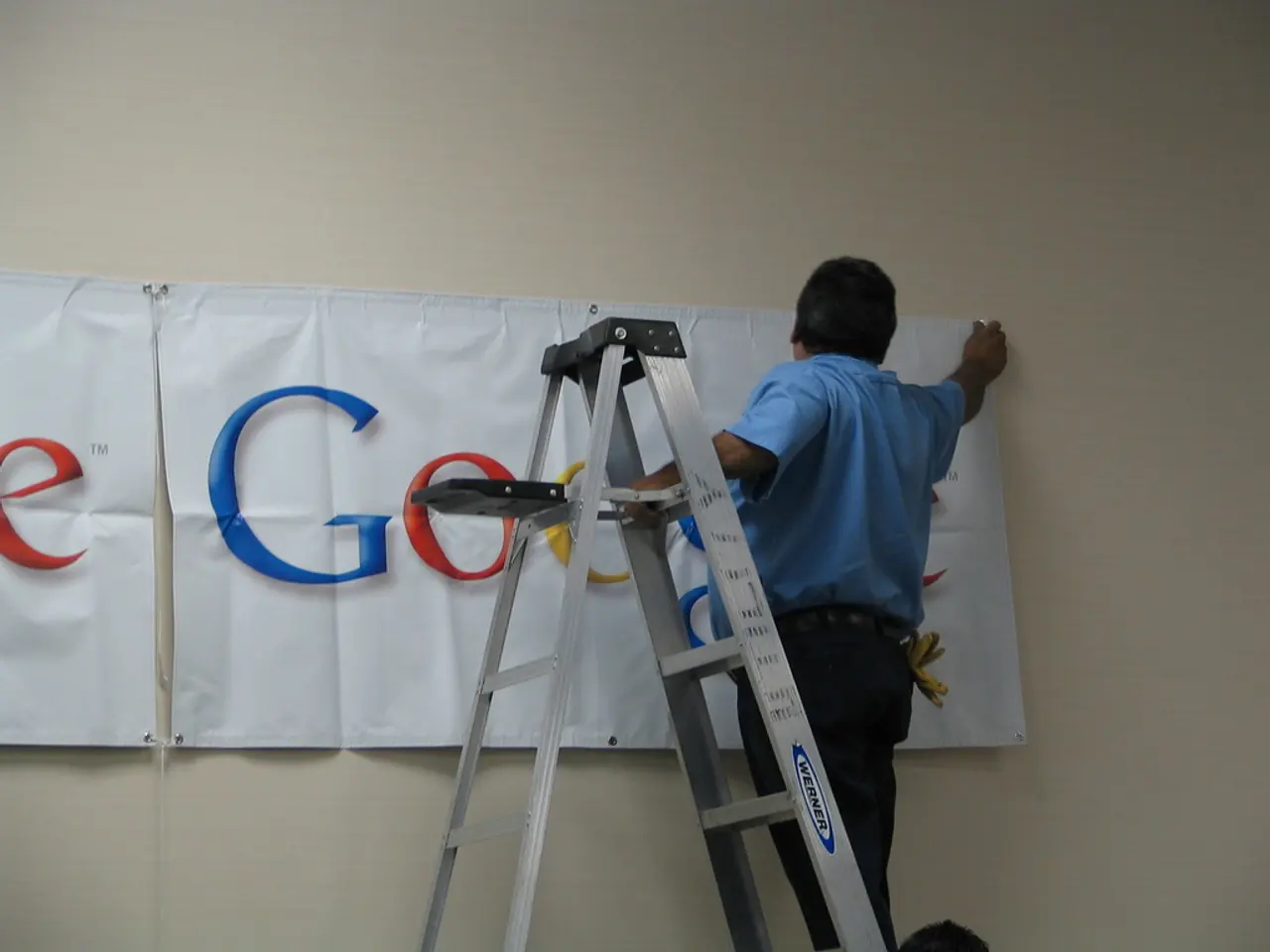Eligibility for Financial Compensation in a $425 Million Google Lawsuit
In a landmark decision, a jury has found Google LLC liable for two counts of privacy violations, ordering the tech giant to pay a fine of $425 million. The verdict, however, is not yet final as Google has announced its intention to appeal the decision.
The class action lawsuit, Rodriguez v. Google LLC, was originally filed in July 2020. The plaintiffs accuse Google of unlawfully accessing user activity, intercepting, tracking, collecting, and selling user data, regardless of privacy settings. They claim that Google misrepresented the data privacy options available to users, with the language used intentionally vague and deceptive.
At the centre of the controversy is the "Web & App Activity" setting. The plaintiffs argue that Google continues to collect user data even when this setting is turned off. Google's defense team, on the other hand, argues that the setting does not explicitly state that it revokes permission for the company to collect data for Google Analytics.
The lawsuit also highlights the difficulty users face in stopping Google from tracking their data due to the company's near-omnipresence on the internet. The case serves as a reminder that users should assume their data is always being collected by default, even with privacy settings enabled.
If the verdict is upheld, approximately 98 million members of the class action lawsuit might be eligible for a payout. Eligible individuals include those who had a Google account, turned off the "Web & App Activity" setting, and had their data transmitted to Google from a non-Google branded app.
Google is not taking the verdict lightly. In a brief filed on Tuesday, the company's legal defense team argued that its disclosures and privacy policy statements are unambiguous. The tech giant denies the allegations and plans to appeal the verdict, so a date for the payout has not been set.
As the case unfolds, users are advised to take steps to reclaim some control over their privacy online. Tips include limiting app downloads, using privacy controls offered by websites and apps, using a VPN, and being aware of data collection and sharing.
The Google class action lawsuit is a significant development in the ongoing debate about data privacy and the responsibilities of tech companies. As the case progresses, it will undoubtedly shape future discussions and regulations surrounding user privacy and data protection.
Read also:
- Impact of Alcohol on the Human Body: Nine Aspects of Health Alteration Due to Alcohol Consumption
- Understanding the Concept of Obesity
- Microbiome's Impact on Emotional States, Judgement, and Mental Health Conditions
- Criticisms levelled by a patient advocate towards MPK's judgement on PCR testing procedures








